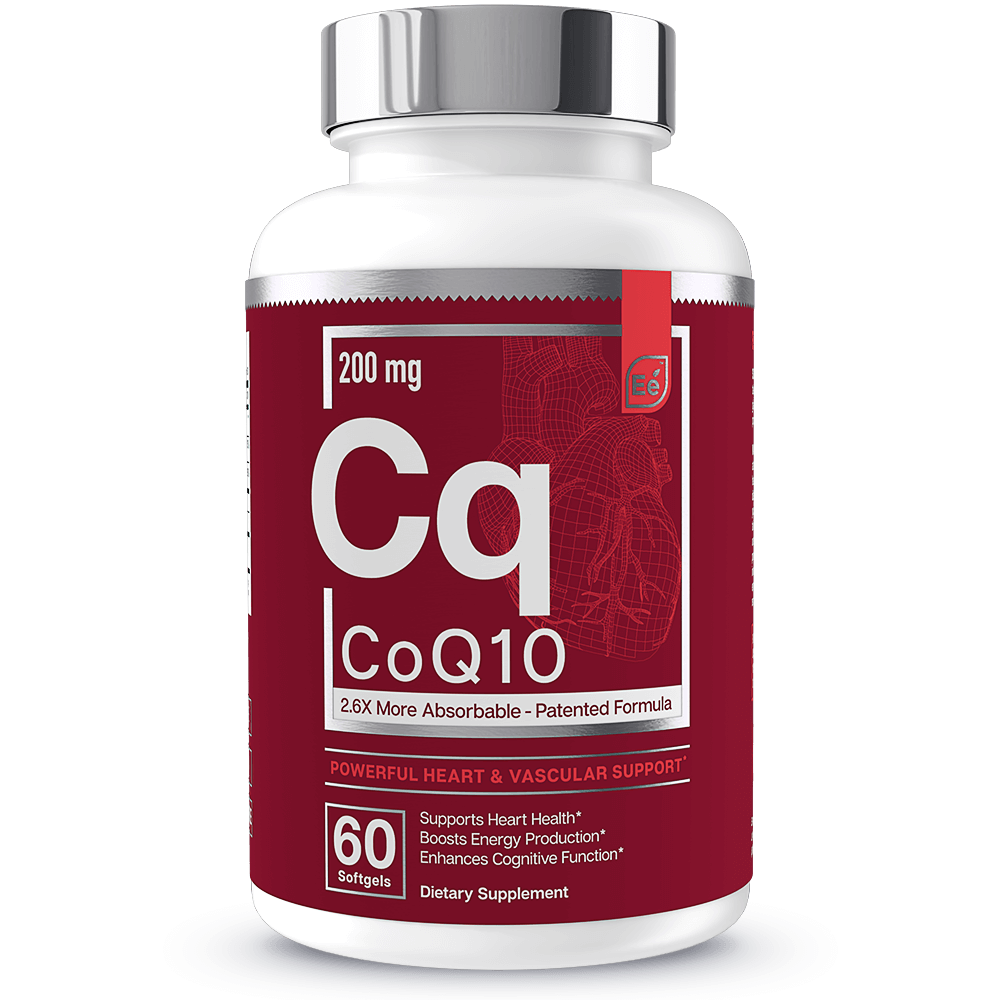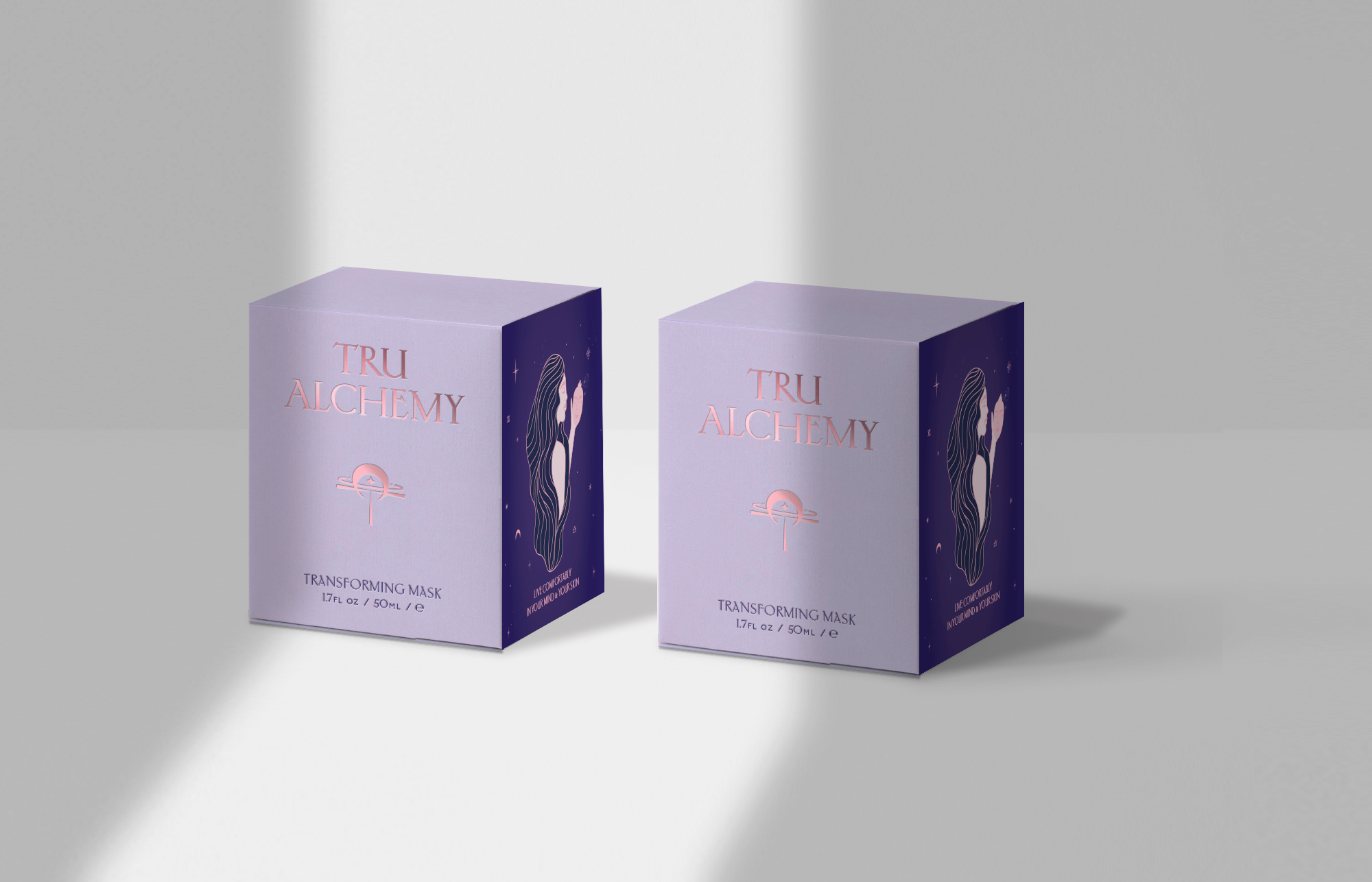Are Glaucoma Tests Missing Early Warning Signs? + Eye Health Tips
7 minute read
Glaucoma is one of the most common eye conditions. While there is no complete cure, early detection and treatments can help optimize treatment.
Because of the importance of discovering the glaucoma early, testing that misses the severity of the disease poses a real problem. This is a serious health issue we are only recently addressing, and could impact the future of glaucoma patients.
The Road to Better Glaucoma Testing
As it stands, physicians currently focus on the loss of peripheral vision when looking for glaucoma. Looking at the macula (central area of your retina) is not considered part of regular testing, and this area of the eye determines how we read, drive, and see objects.
Checking this area of the eye can indicate early signs of glaucoma, which can positively impact the treatment plan for patients.
With glaucoma affecting millions and serving as the second leading cause for blindness, developing more accurate testing is the only way to stay ahead of the condition. The early stages of the disease do not have any obvious symptoms, which is why these early tests are invaluable.
The current field test used misses out on identifying the early presence of glaucoma. The way forward seems to be in using two different visual field measures.
Recent studies with two different visual field measures found that the use of this additional testing more accurately identified early-onset glaucoma. This is especially important when you consider that using one measure alone often missed the diagnosis.
Testing the macula identifies early central vision loss, which is associated with glaucoma and previous cases where this has been missed can be detrimental to overall vision loss.

What this means for the fight against glaucoma is that even when no cure is available, we can more effectively treat the condition as a result of much earlier detection. More than one field of vision is affected, so testing needs to incorporate each of these to accurately detect the disease.
Going forward, we can better identify early-onset glaucoma and put treatment plans into play much earlier, thereby reducing serious vision loss or blindness.
Your Path to Healthier Eyes
Glaucoma develops because of a failure of the eye to maintain an appropriate balance of the internal fluid produced and what drains away. This imbalance means the eye is not adequately supported, eye shape changes, and vision is compromised.
As pressure in and around the eye changes, more force is placed upon the optic nerve, and signals to the brain are impacted. The result is impaired vision.
You may not necessarily be able to control whether you get glaucoma or not. What you can control is your eye health, and taking care of your eyes is the best way to protect them from any disease.

There are several nutrients that specifically work to promote optimal eye health:
Vitamin A: Deficiency in this vitamin is one of the top causes for blindness, so your goal needs to be getting as much vitamin A as you can. Animal foods, such as liver and eggs, are the richest sources, but you can also get a good dose from antioxidant plant compounds.
Vitamin C: Eye health requires antioxidants, and vitamin C is a good antioxidant to have around. The aqueous humor of your eye contains a lot of vitamin C. Without it, you risk cataracts and glaucoma.
Many fruits and vegetables are high in vitamin C making it easy for you to get all that your eyes need.
Vitamin E: Another important antioxidant that your eyes need is vitamin E. This vitamin protects against oxidation, which can damage cells and lead to retinal degeneration and glaucoma. Studies have shown that vitamin E supplements protect the eyes from degenerative conditions like glaucoma.
Lutein: This antioxidant actually makes up part of your retina, so it understandable that levels need to be maintained for eye health. Doing so has already been shown to prevent macular degeneration and reduce risk for cataracts.
With new glaucoma testing focusing on the retina, lutein is likely to start getting more attention as a glaucoma prevention resource as well.

Zeaxanthin: Another potent antioxidant that makes up your retinal pigments is zeaxanthin. This compound protects your eyes from damaging blue light and promotes retinal health. This antioxidant also protects against macular degeneration, and studies continue to uncover its role in preventing glaucoma too.
Omega-3s: These fatty acids are important to eye health, as many are found within the retina as well as other components of the human eye. Omega-3 fatty acids protect your eyes from dryness, vision loss, and the development of glaucoma so be sure to get a high-quality omega-3 supplement or more fatty, fresh fish into your diet.
| Related: How You Can Use Krill Oil to Boost Your Eye Health |
Zinc: Zinc is involved in the formation of visual pigments in the retina. With the retina now being a focus for glaucoma testing, zinc stands to play an even bigger role in preventing the disease.
By maintaining optimal zinc levels, your eyes are better protected from e deterioration that can invite glaucoma to the party.
Gamma-linolenic acid: You are likely not familiar with this fatty acid, but you should be. In the interest of promoting eye health, this omega-6 fatty acid has anti-inflammatory properties.
| Related: Meet the Omegas: 3, 5, 6, 7, and 9 |

Unlike any other omega-6 fatty acid, this is one you want to pay close attention to, as it can relieve eye dryness and protect against glaucoma.
The Bottom Line
Glaucoma may be one of the most common eye conditions out there, but that doesn’t mean you have to sit back and wait for it. Taking care of your eyes with nutritional support improves your chances of warding off dangerous eye diseases and conditions.
As science works to develop better testing and more accurate early diagnoses for glaucoma, you can do your part and give your eyes the nutrients they need.
READ NEXT >>> 12 Foods to Improve Your Eyesight
1MD’s Antarctic Krill Oil Platinum is the best krill oil on the market and contains 1600 mg of omega-3 fatty acids, including the essential EPA and DHA, in every serving. These powerful antioxidants promote cognitive, heart, joint health, and more.
At 1MD, our mission is to help people make smarter health choices and lead healthier lifestyles by creating industry-leading products and cutting-edge health content. Take advantage of our medically researched supplements for boosting your health by visiting our online store for a complete list of our 100% natural products. We offer family and bulk purchase discounts as well as monthly subscription options for maximum savings.
























 Health Guides
Health Guides
 Latest Research
Latest Research


